[ad_1]
The Callaway C12 was developed in the late 1990s by American and German engineers with a single goal in mind – to compete against the likes of Ferrari and Porsche at the 24 Hours of Le Mans.
The car was co-developed by Callaway and IVM Automotive in Germany, it measures in a two meters wide to take advantage of Le Mans regulations, it’s powered by a 440 bhp SuperNatural 5.7 liter LS1 V8, and it has a top speed of almost 200 mph.
Fast Facts – The Callaway C12
- The Callaway C12 was based on the C5 Corvette platform, however relatively few parts were carried over. The C12 has a full custom carbon Kevlar body, a new drivetrain, new suspension and brakes, and a significantly modified chassis.
- Just 25 examples of the Callaway C12 would be built, they were designed to be road-legal versions of the successful Le Mans GT2 race car and they were titled as Callaways, not Corvettes.
- The racing version of the car, named the C12.R, enjoyed some prestige after taking a class pole position at the 2001 24 Hours of Le Mans, beating its LMGT class competitors mostly driving the Porsche 911 GT3-RS.
- The C12 was fitted with a 440 bhp SuperNatural 5.7 liter LS1 V8 built by Callaway, power was sent back to a 6-speed manual transaxle, and the top speed hovered around 200 mph depending on specification.
Reeves Callaway And The World’s Fastest Corvette
In the early 1970s Reeves Callaway was a talented young racing driver who, like many others, struggled to afford to keep racing. As a result he took a job as an instructor at the famous Bob Bondurant Racing School.
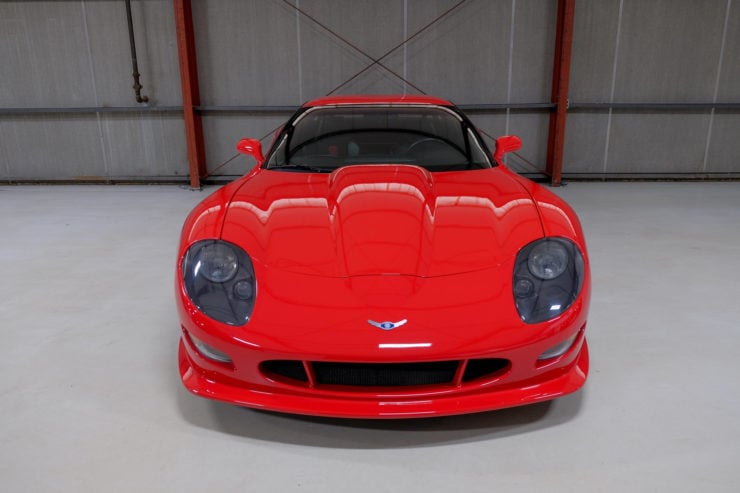

While working there he became familiar with the BMW 320i model as it was being used as a school car. He realized it had the potential for a lot more speed, and so he developed a turbocharger kit for it and then turned it over to Car and Driver journalist Don Sherman for feedback.
Sherman wrote a glowing article about the transformed BMW, and in so doing changed the course of Callaway’s life. Within a few short years Reeves was building turbo kits for a wide range of cars including BMW, Volkswagen, Porsche, Audi, Alfa Romeo, and Mercedes-Benz.
The Arrival Of The Callaway Corvette
In 1987 he released the Callaway Twin Turbo Corvette, a highly modified C4 Corvette with dual turbochargers that were sold through Chevrolet dealerships. The name Callaway became closely associated with Corvettes, Chevrolets, and GM vehicles through the 1980s and 1990s.
In the late 1990s they released the Callaway Sledgehammer Corvette, a car that held the World Street Legal speed record of 254.76 mph (410.00 km/h) until 1999.
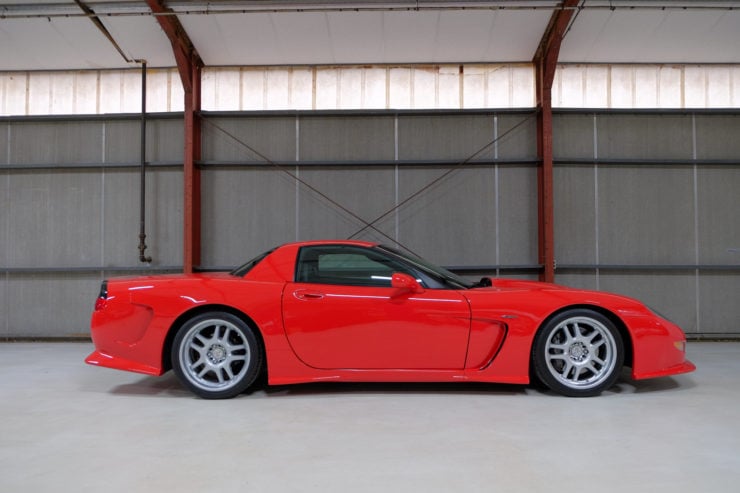

The Callaway C12
Though it was based on the fifth generation Corvette the Callaway C12 was an almost entirely rebuilt car.
No panels from the Corvette body were carried over, the new body was made from carbon Kevlar and it was considerably wider than the original – now measuring in at 1998mm wide or a whisker under 2.0 meters to stay within Le Mans regulations.
The chassis was modified and the suspension almost completely rebuilt, with Callaway adjustable coilovers and stainless-steel upper-and-lower suspension arms.
As you would expect the brakes have been significantly upgraded, the car is fitted with 14 inch ventilated metal matrix rotors and four-piston Alcon calipers – to provide the stopping power you need when coming to the end of the Mulsanne Straight at ~200 mph.
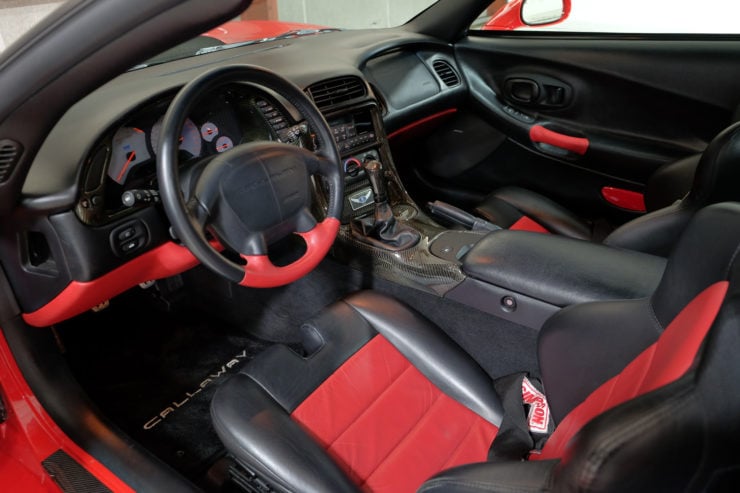

The glass and door handles from the C5 are carried over, as is some of the interior, but viewing the car from the outside only a small number of people will be able to pick the familial similarities.
The Callaway C12 “SuperNatural” Engine
The car is fitted with the 5.7 liter, all-aluminum SuperNatural 5.7 liter V8 from Callaway. This engine was developed to produce its power reliably and not be too highly strung, it’s a naturally aspirated LS1-based motor producing 440 bhp at 6,300 rpm and 395 ft lbs at 4,400 rpm.
When they were being sold new, the Callaway C12 retailed for approximately $200,000 USD, a number that could climb considerably depending on how liberal the buyer was with the options list.
Over the course of the production run just 25 examples of the C12 where built by Callaway. Today they’re sought after by collectors both for their Le Mans heritage and for their excellent on-road performance.
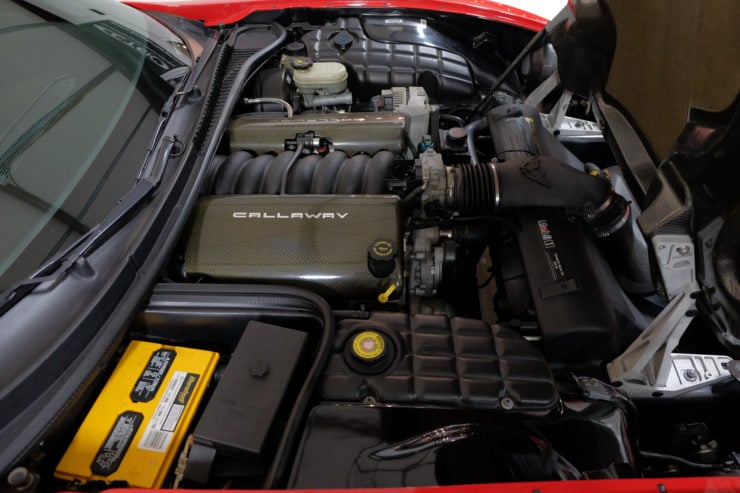

The 1999 Callaway C12 Shown Here
The Callaway C12 you see here is finished in Corsa Red over two-tone leather upholstery.
The original engine has been removed and replaced with a 550+ bhp 7.0 liter V8 sourced from Lingenfelter Performance Engineering – the original engine still accompanies the car.
This increase in power from 440 bhp to over 550 bhp has nudged the top speed of this C12 beyond the 200 mph mark, making it once of the fastest examples of its breed.
This car was featured in Corvette Fever magazine back in January of 2007, where the story of its modifications is laid out in detail. A copy of this magazine now accompanies the car.
This unusual American supercar is now for sale with Bring A Trailer out of Twinsburg in Ohio, it’s being offered in a live online action and you can click here to visit the listing.
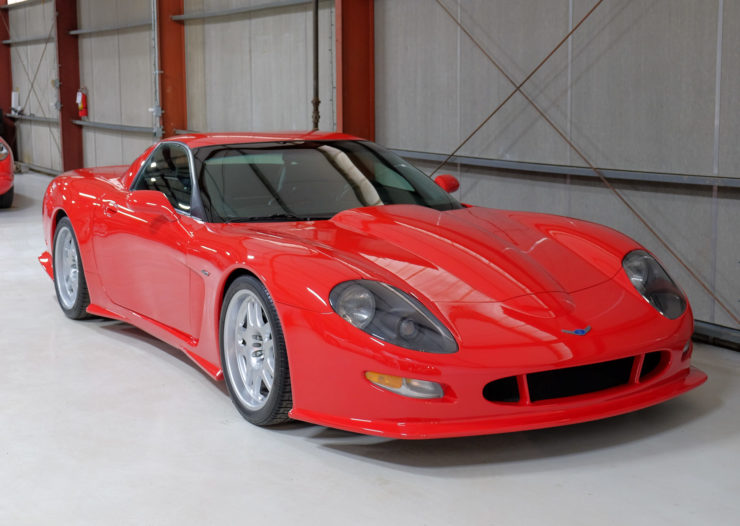
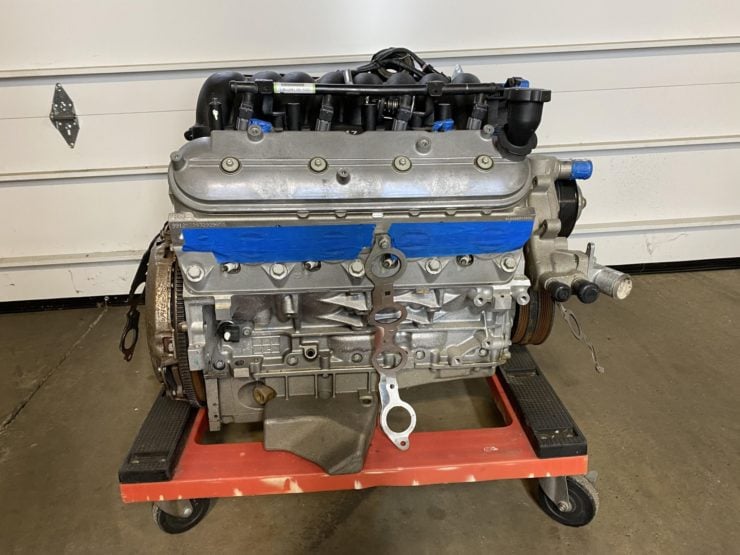
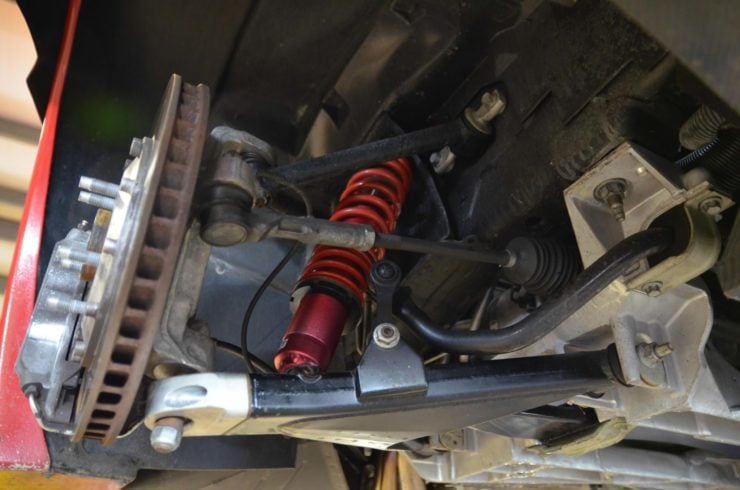
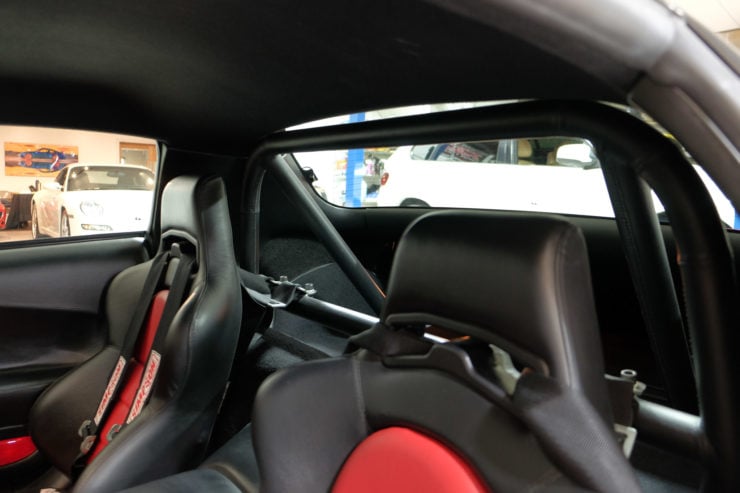
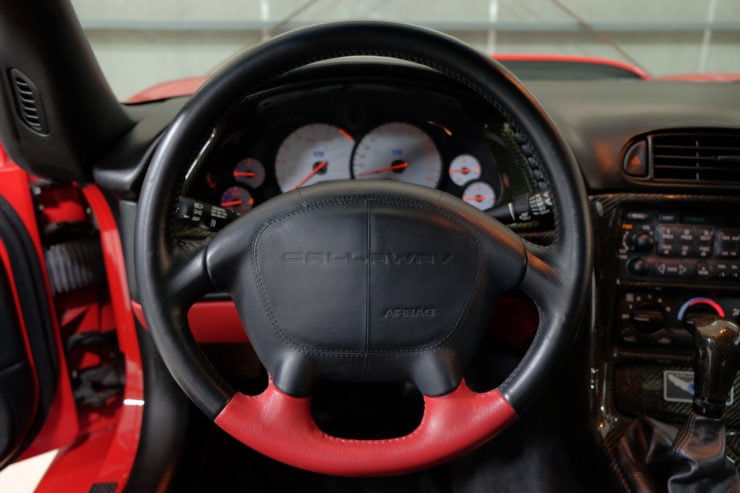
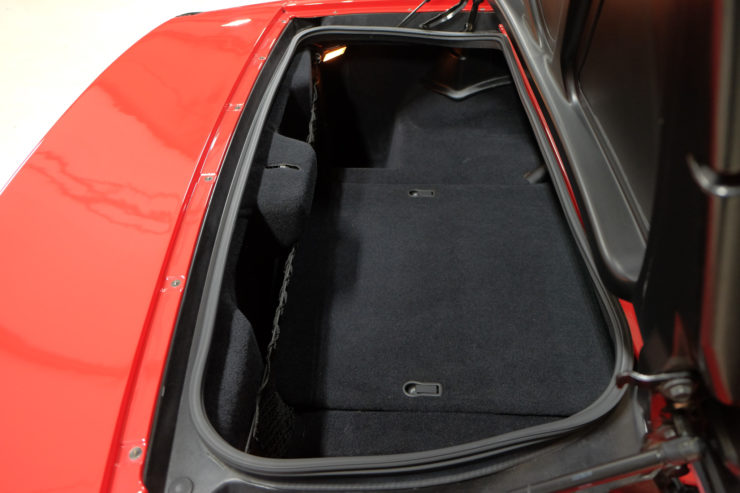
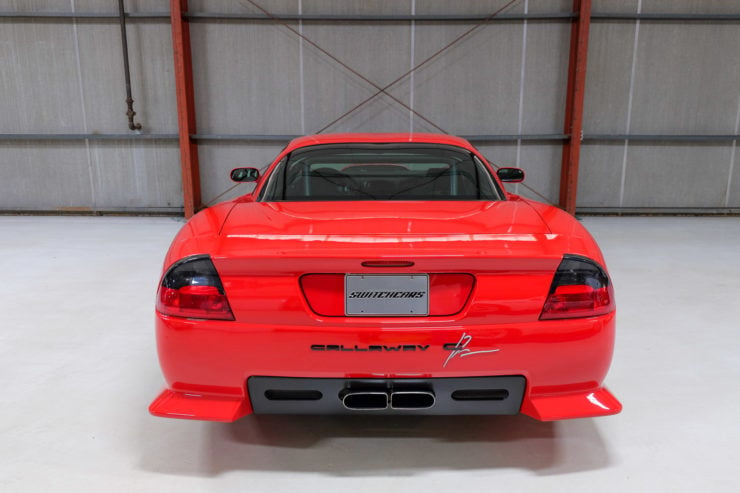
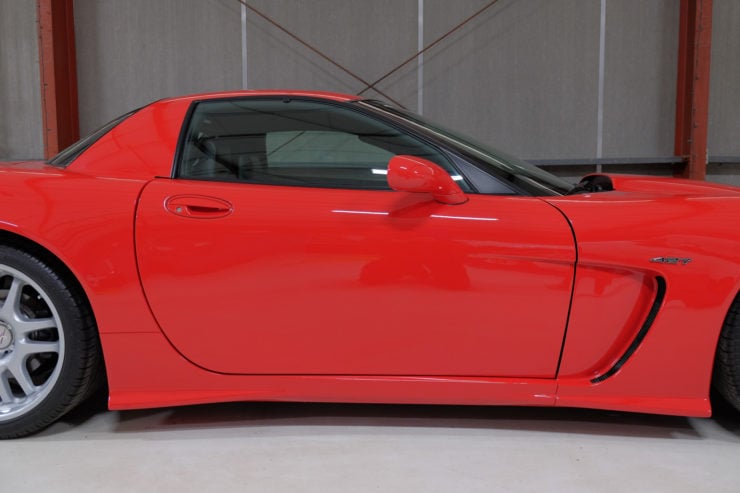
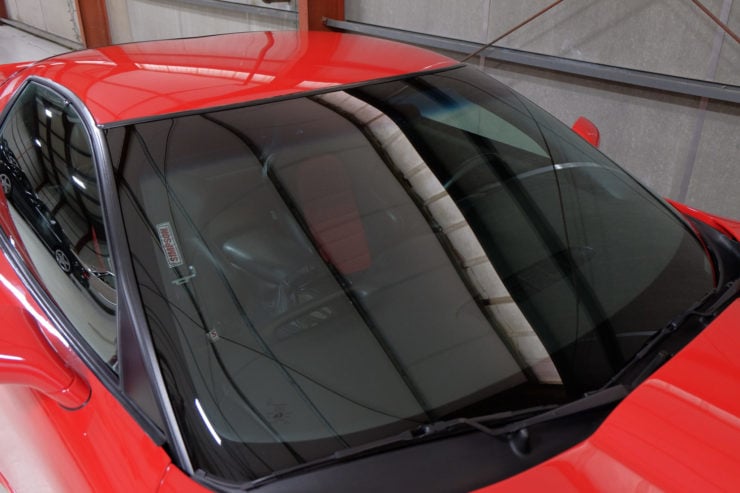
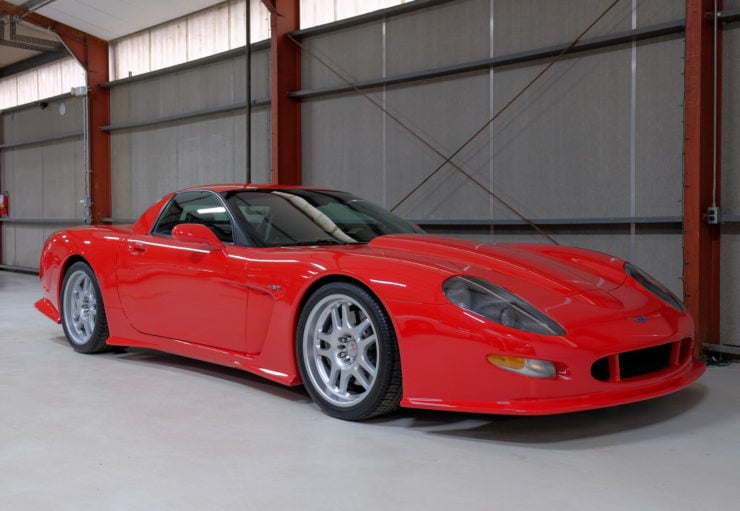
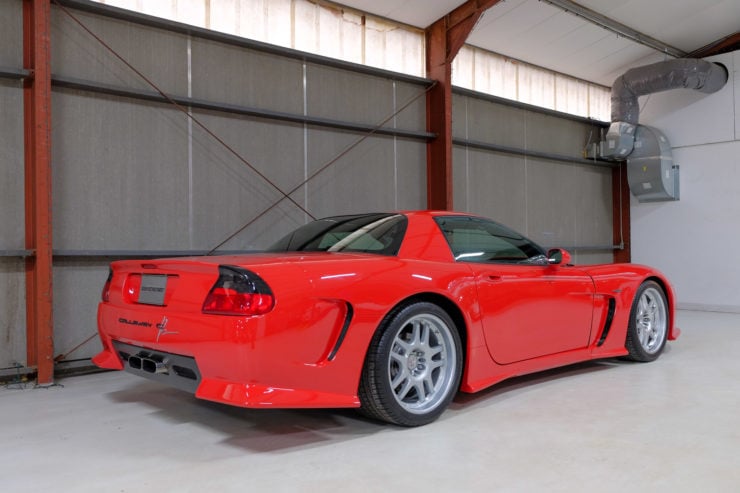
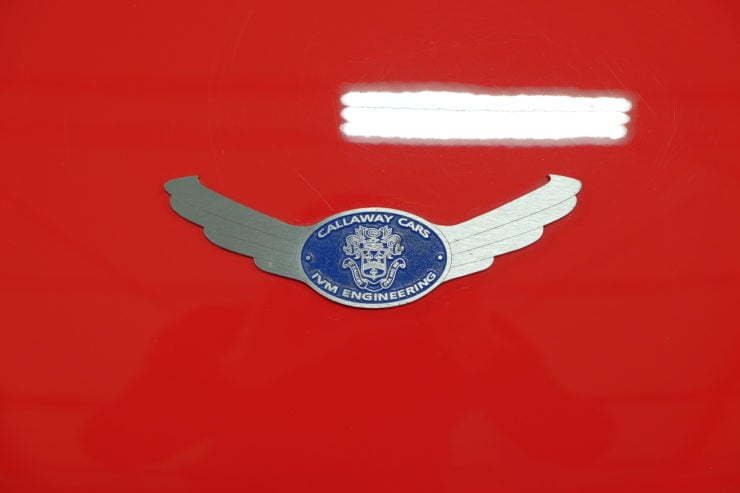
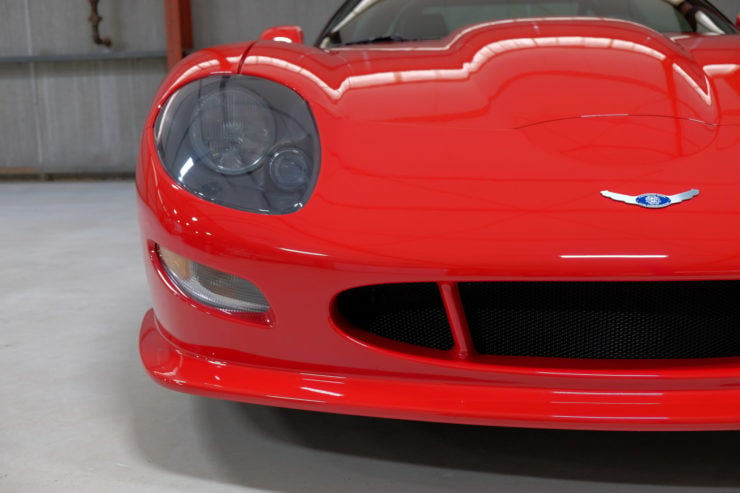
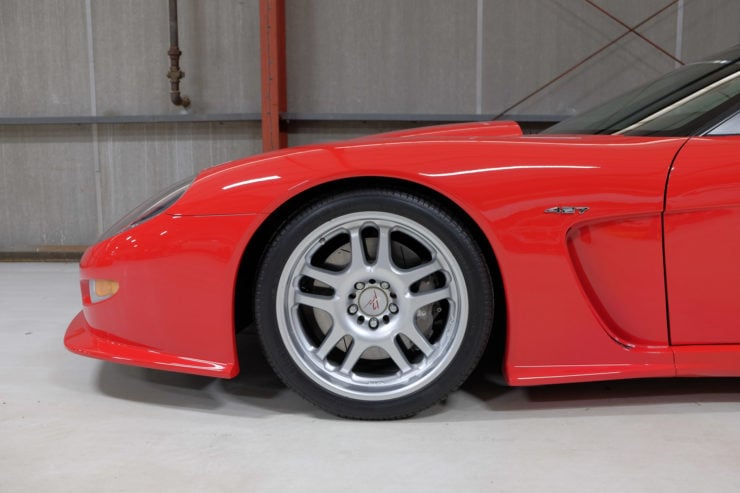
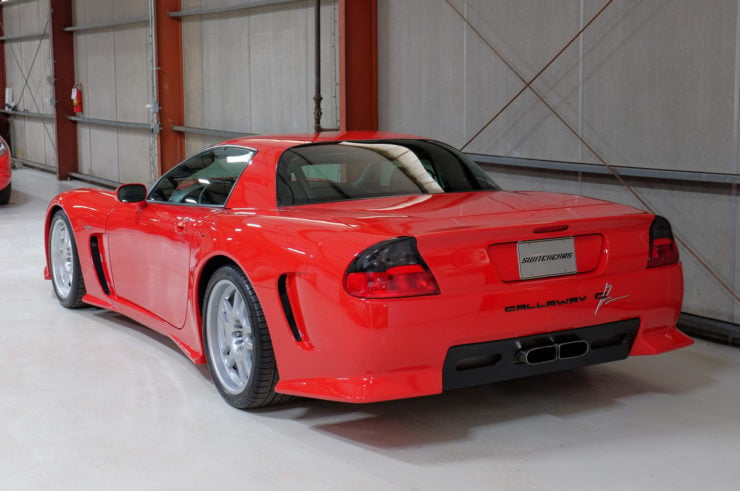
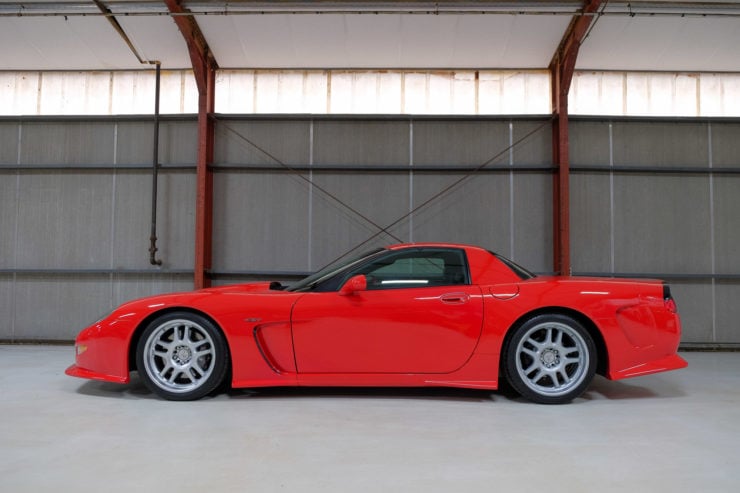
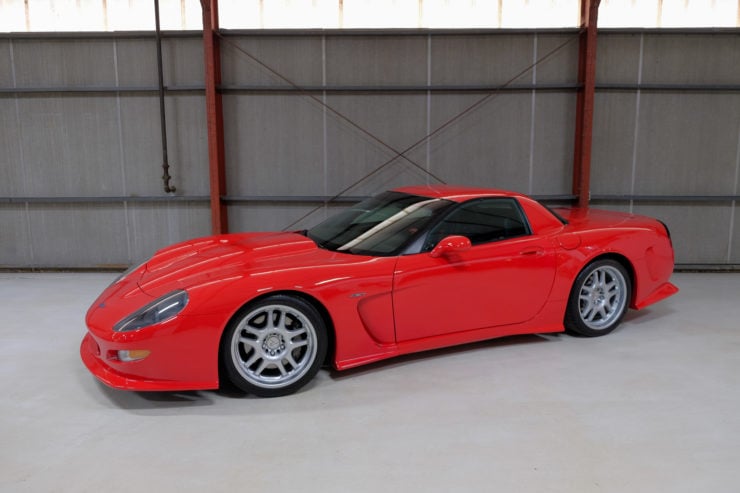
Images courtesy of Bring A Trailer
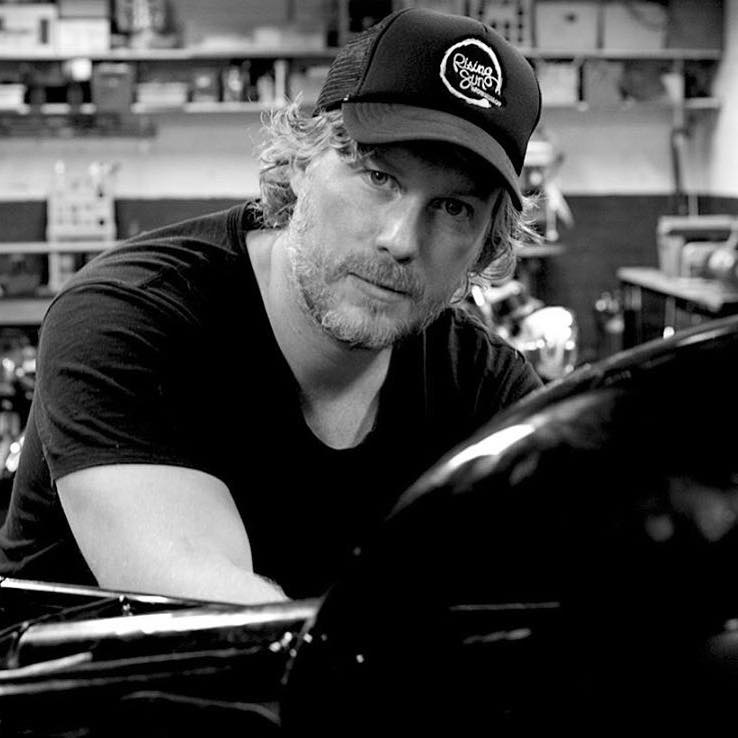
Ben has had his work featured on CNN, Popular Mechanics, Smithsonian Magazine, Road & Track Magazine, the official Pinterest blog, the official eBay Motors blog, BuzzFeed, and many more.
Silodrome was founded by Ben back in 2010, in the years since the site has grown to become a world leader in the alternative and vintage motoring sector, with millions of readers around the world and many hundreds of thousands of followers on social media.
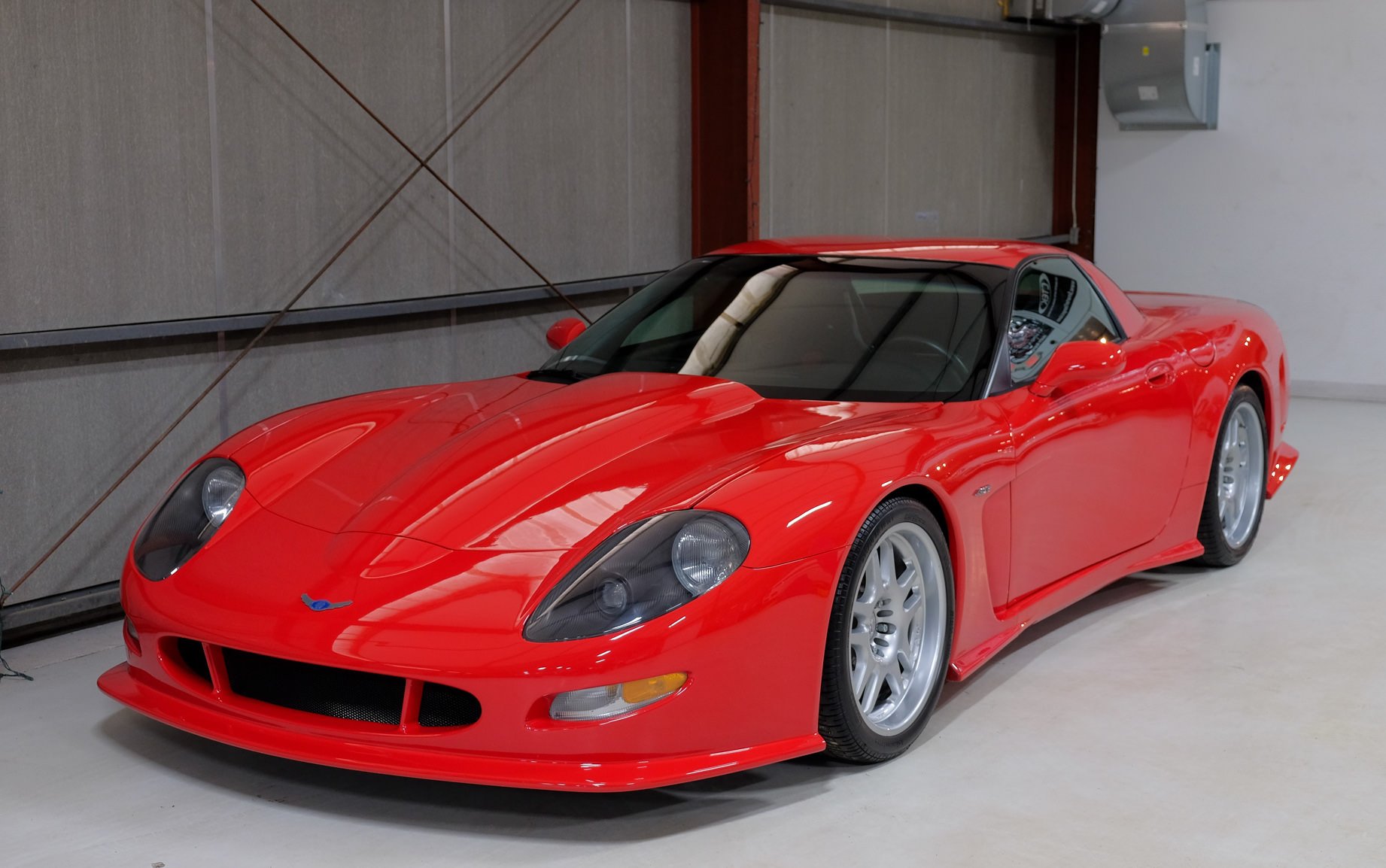
[ad_2]
Source link
